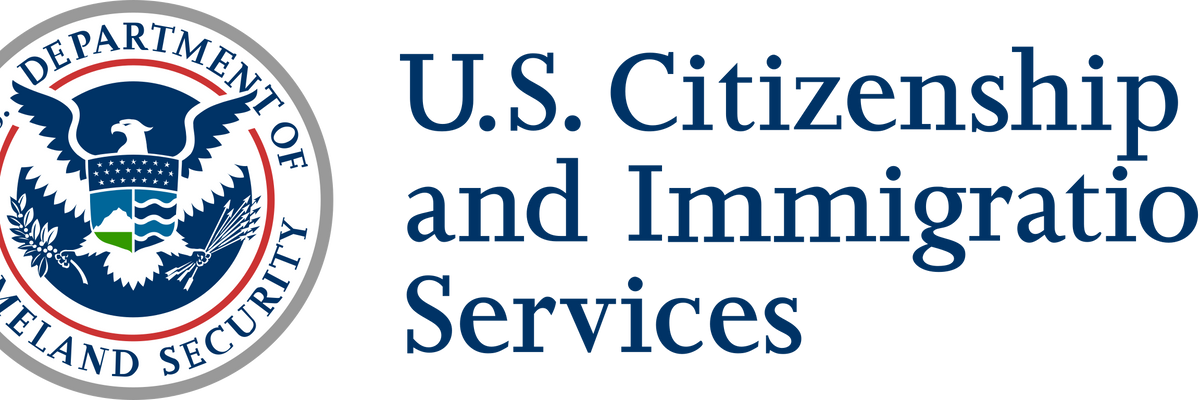
On Monday, July 6, 2020, the U.S. Immigration and Customs Enforcement (ICE) announced that nonimmigrant international students on F-1 and M-1 visas are no longer permitted to take a full online course load
and remain in the United States beginning in the fall semester. This means that the State Department will no longer be issuing visas to students enrolled in schools and/or programs that are fully online for the fall semester, nor will U.S. Customs and Border Protection permit such students to enter into the country. Further, students currently in the country who are enrolled in fully online programs for the fall semester are ordered to leave the country, or else “face immigration consequences including, but not limited to, the initiation of removal proceedings.”
Students at schools offering a hybrid of in-person and online learning will be permitted to take some online courses and remain in the country given that the school certify “that the student is not taking an entirely online course load this semester.” This rule, however, requires that if the school in which such a student is enrolled in changes its policy from allowing some in-person classes to online only, even if for the health and safety of the student body, the agency must be notified within 10 days of such a change.
While this ICE decision is on trend with the Trump administration’s push to reopen schools come fall, the abrupt change in policy during these turbulent times is bound to have a significant impact on the near future of America’s education system.
Author: Jennifer Kleinman and Daniel Koburger
First Published: 07/09/2020